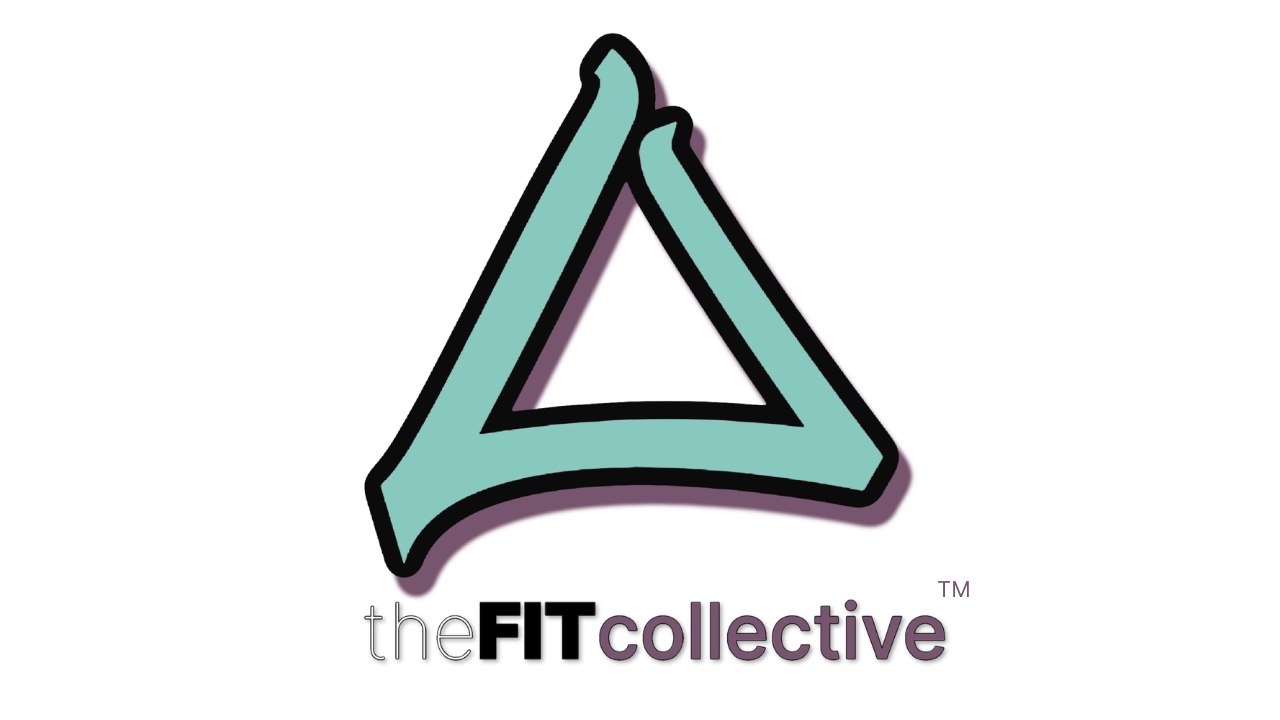Can Women in Perimenopause and Menopause Change Their Body Composition?
One of the biggest concerns that women physicians come to me with is whether or not they can decrease body fat AND increase muscle mass during perimenopause and menopause.
While the answer is a big enthusiastic “YES!!!!”- I think it is important to explore what we are up against before we dive into the solution.
Once we hit the age of 30, we begin to naturally lose muscle mass if it is not attended to. Further, there are some other key physiological changes that we start seeing around the age of 40.
We start to see:
Hormonal Changes: Women over 40 often experience hormonal changes brought on by perimenopause or menopause. These changes can have profound effects on our health, causing symptoms like hot flashes, mood swings, and weight gain, which can significantly impact their quality of life. Often our mental health suffers as we start to experience these changes.
Decrease in Bone Health: The risk for osteoporosis increases for women over 40, making bone health a significant concern. Regular resistance and balance exercises are crucial during this time to sustain bone density and overall strength.
Cardiovascular Health Concerns: Heart disease risk increases after 40, and it's the leading cause of death for women. Maintaining a healthy diet and incorporating regular physical activity are key practices for heart health.
Metabolic Changes: As women age, metabolism slows, which can lead to weight gain and increased risk of conditions like diabetes. Regular exercise and a balanced diet can help manage these changes
Now, let’s simplify:
Physiologically speaking, our hormone changes can create mood changes and often we don’t feel our best given the same circumstances. Then as bone and muscle mass potentially decrease, so does our basal metabolic rate. Then, we inevitably gain body fat.
We may start to go into a negative thought spiral thinking that we have to allow perimenopause and menopause to happen to us. Potentially we may become less active because our shift in body weight makes us less likely to want to move, and we will then have an even bigger risk of cardiovascular disease.
Really the perfect set-up to feel absolutely defeated and as if it is all downhill from here. And, it’s not. Simple strategies can correct all of this. And even more exciting, there are just 3! To embrace perimenopause and menopause and experience our best health yet we have to consider and remain consistent with 3 things:
Strength Training. Strength Training will increase our muscle mass, enhance our bone mass, increase BDNF (brain derived neurotrophic factor), prevent injury, give us more energy, strength and confidence.
So how much? We are talking (10-30 minutes) 3 times per week. That’s all it takes when you have proper strategy and consistency.Eating Adequate Protein. Most of us are not eating enough protein. Protein will enhance our metabolism, preserve muscle mass, and improve satiety. And, I am not talking about counting macros.
We can determine the minimum requirement for your goals and stay consistent with it. This is really where women start to see significant improvement in body composition.Steps. Forget planned cardio (unless you love it). Work toward getting 5k steps or more each day, which can improve cardiovascular health and longevity.
When we start to increase our steps, and we do so consistently, this strategy will be more effective than hours of planned cardio. And, it will not increase our appetite to an obnoxious level like long endurance cardio does.
In my Transform® community, Women Physicians come together to create the most optimal health for themselves, which allows them to show up exactly how they want in all other aspects of their life.
Transform® is a 72-CME program that combines a mental, emotional, and physical health strategy to help you become the fittest version of you inside and out.
For the low-down on our early action bonus, click HERE.
Check out the replay of our info session, where I give you all the details, by clicking below!
Xo,
Ali

